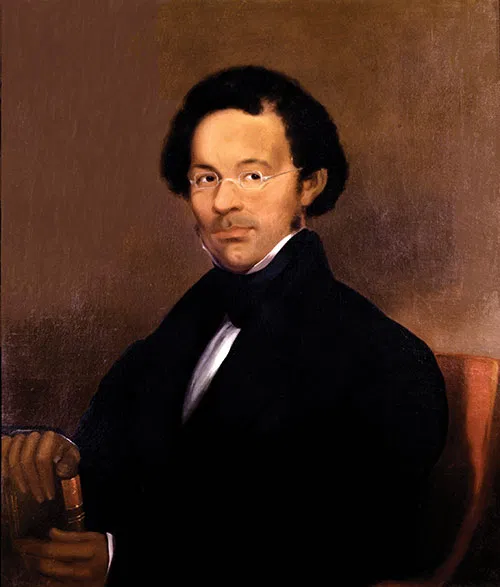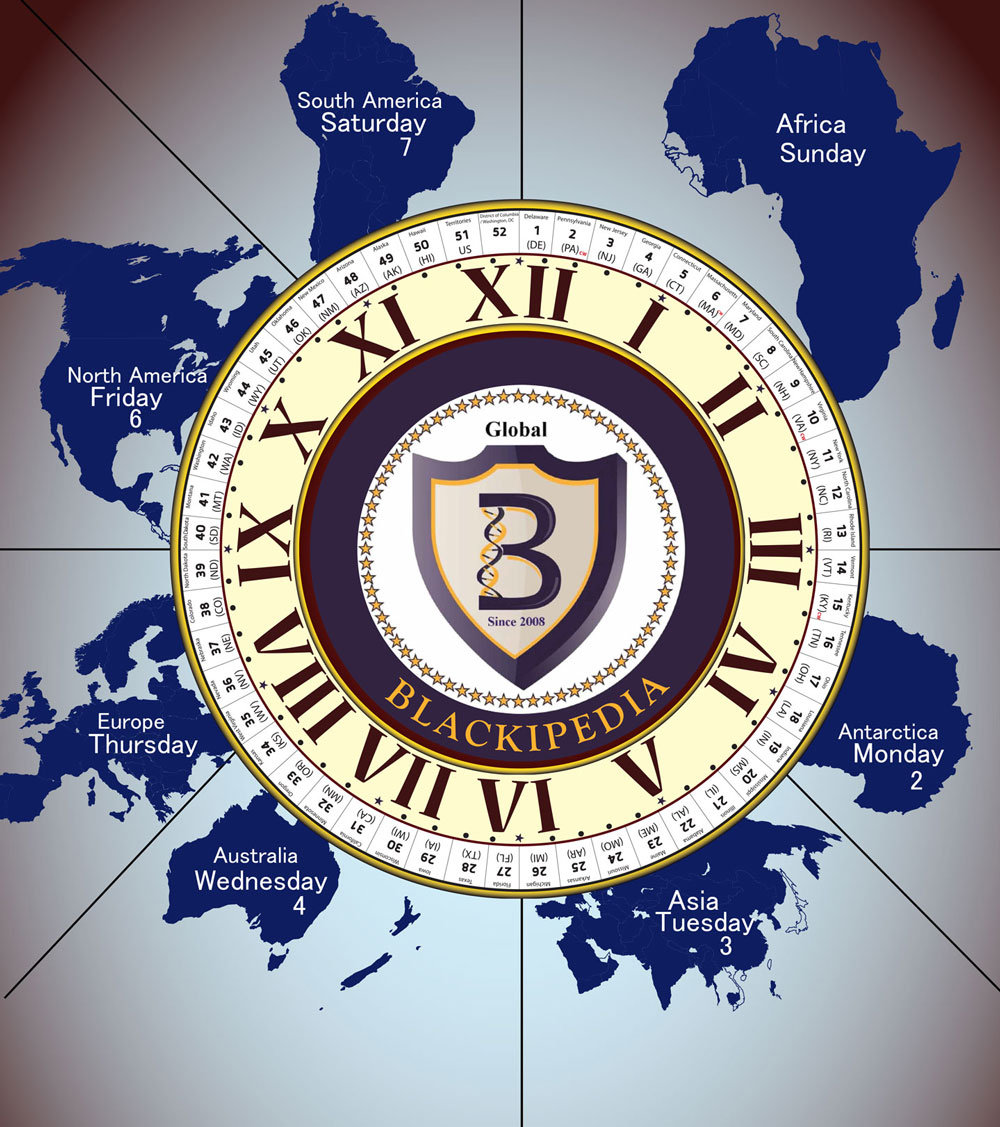In 1795 In Dauphin County, Pennsylvania, Stephen Smith was born to an enslaved African American woman by the name of Mary Smith. Smith has been said to have been born a slave. He was born an indentured servant due to the Abolition Act that Pennsylvania passed in 1780, just seven years before Pennsylvania entered the state of the union on December 12, 1787. This act stated children born to slave mothers had to serve as indentured servants to their mother’s master until they were 28 years old.
Smith bought his freedom at age 21, and the same year married Harriet Lee. Shortly after getting married, Smith started a business by investing in Lumber, and Harriet eventually owned and ran an oyster and refreshment house.
Smith had a successful lumber business in Columbia, PA but wanted to increase his success and started looking for a partner. He developed a partnership with William Whipper and managed to have great success in lumber, coal, and real estate. By 1834 Smith had become one of the wealthiest men in Columbia and used his wealth to fund his activities in support of the black community. Smith was a vocal abolitionist and stood up against slavery, even participating in the Underground Railroad and assisting enslaved Africans to escape providing a safe passage.
In the early 1830s, Smith purchased a building for the Mount Zion African Methodist Episcopal congregation. His success as a businessman made the white community quite envious, and Smith became the target of hate crimes. Riots broke out, and a mob destroyed his office and home. This did not stop Smith from speaking out against slavery, and it pushed him to Philadelphia, where he got even more involved.
While living in Philadelphia, Smith became ordained as a preacher for the AME church. Smith was one of the Pennsylvania Anti-Slavery Society founders, served as the manager for eight years, and became an honorary member of the Banneker Institute.
When abolitionists in Philadelphia could not find a building to hold their meetings, Smith purchased Pennsylvania Hall for their use. The Hall was burnt down in 1838. Smith pursued a lawsuit against the city of Philadelphia using a statute that held a municipality liable for damage to property sustained by mob action and recovered $75,000 in damages.
Smith continued with his abolitionist activities until the Fugitive Slave Act of 1850 was passed. Smith and his partner Whippet persuaded around 15,000 other African Americans, including former enslaved Africans, to move to Canada. After the civil war, Smith moved back to Philadelphia.
Smith died on November 14, 1873, in Philadelphia for reasons unknown, but there have been stories that he was ill for some time prior. At the time of his passing, Smith owned over 100 properties throughout Pennsylvania and New Jersey. He also had established the Stephen Smith Home for Aged and Infirm Colored Persons.
References:


